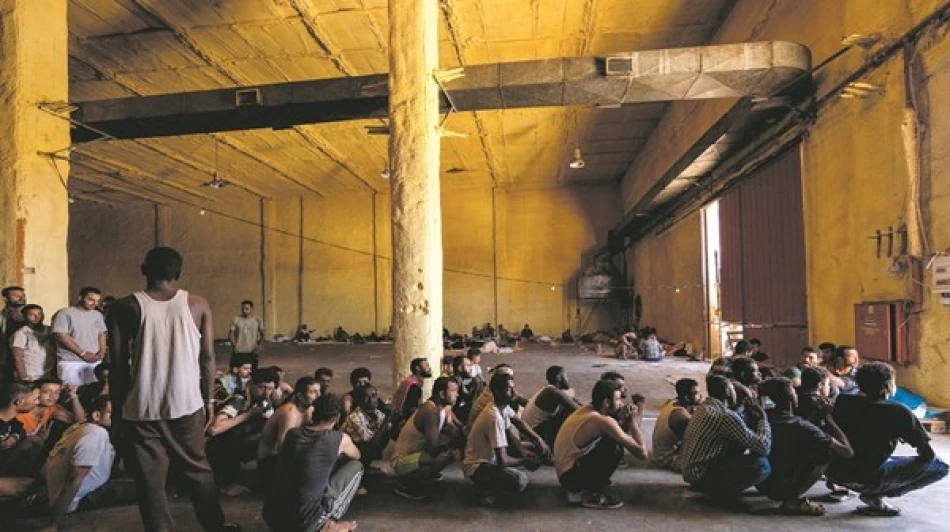
Greece Tightens Asylum Seeker Penalties: Stricter Measures Implemented
Greece Passes Harsh New Law Targeting Rejected Asylum Seekers with Heavy Fines and Extended Detention
Greece's parliament approved sweeping immigration legislation Wednesday that imposes severe penalties on rejected asylum seekers, including up to 24 months detention and fines reaching €10,000. The move signals Europe's continued hardline shift on migration as Mediterranean countries grapple with renewed pressure on their southern borders.
A Return to Crisis-Era Restrictions
The new law represents Greece's most aggressive immigration stance since the 2015-2016 migration crisis, when over one million people fled conflicts in the Middle East and Africa through Greek territory into Europe. While migration flows had significantly decreased in recent years, a fresh surge of arrivals from Libya to the Greek islands of Crete and Gavdos has prompted the conservative government of Prime Minister Kyriakos Mitsotakis to revive restrictive policies.
Under the legislation, unregistered migrants entering from EU-designated "safe" third countries face immediate deportation or extended detention. The government has also imposed a temporary ban on processing asylum applications from North African migrants, effectively creating a legal limbo for new arrivals.
Europe's Fortress Mentality Takes Hold
Greece's approach mirrors broader European trends toward migration deterrence. Since taking power in 2019, Mitsotakis has constructed border fencing along Greece's northern frontier and expanded maritime patrols to prevent crossings. The latest measures represent an escalation of this "fortress Europe" strategy.
Migration Minister Thanos Plevris defended the law before parliament Tuesday, arguing that "the rights of Greeks seeking to protect their country supersede the rights of those whose asylum applications have been rejected and who remain in Greece illegally." This rhetoric reflects growing political pressure across Europe to demonstrate control over migration flows.
International Concerns Over Human Rights
The UN High Commissioner for Refugees has criticized the legislation, warning it threatens to punish migrants genuinely in need of international protection. The agency advocates for fast-track asylum procedures that could quickly identify legitimate refugees while processing others for administrative removal.
The law's harsh financial penalties—potentially bankrupting for most asylum seekers—and extended detention periods raise questions about compliance with European human rights standards. Similar measures in other EU countries have faced legal challenges, suggesting Greece may encounter resistance from European courts.
Strategic Implications for EU Migration Policy
Greece's unilateral action highlights the ongoing failure of EU-wide migration reform. As a frontline state, Greece bears disproportionate responsibility for processing asylum claims, creating incentives for increasingly restrictive national policies. The temporary suspension of asylum processing for specific nationalities could set a precedent for other Mediterranean countries facing similar pressures.
The legislation also reflects the political success of hardline immigration policies across Europe, where governing parties increasingly compete on demonstrating border control effectiveness. For Mitsotakis, the measures serve both practical and electoral purposes as his conservative government positions itself ahead of future political challenges.
Most Viewed News

 Layla Al Mansoori
Layla Al Mansoori






